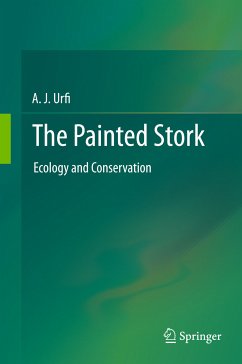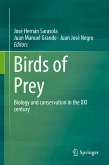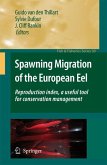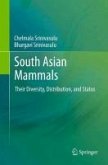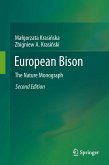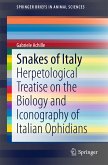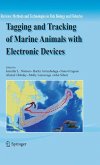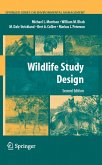The painted stork is a large, eye-catching, colonially nesting wading bird found across large parts of South and South East Asia, particularly India and Sri Lanka. Listed as near-threatened by various conservation agencies, the painted stork is a flagship of its endangered habitat, wetlands. The Painted Stork: Ecology and Conservation is an exploration of the biology, status, distribution, sexual size dimorphism, mating patterns, growth and development patterns, and food and foraging ecology of this fascinating species. It also addresses stork-human interface and covers many myths and legends associated with storks. Because this bird is a colony nester, it is an ideal model for studies attempting to unravel the mysteries of avian coloniality and its evolution. Finally, the book discusses various conservation aspects, using the Delhi Zoo colony of painted storks as a case study of the potential for a long-term conservation monitoring program in India.
Dieser Download kann aus rechtlichen Gründen nur mit Rechnungsadresse in A, B, BG, CY, CZ, D, DK, EW, E, FIN, F, GR, HR, H, IRL, I, LT, L, LR, M, NL, PL, P, R, S, SLO, SK ausgeliefert werden.
From the reviews:
"Focusing on the Painted Stork (Mycteria leucocephala), this book provides a thorough compilation of the knowledge of this relatively well-studied species. ... As a compilation of several decades of observations and studies of the Painted Stork, this book provides important comparative behavioral/ecological/physiological information for all interested in this or related species. Given the detail and background descriptions of various topics (e.g., coloniality), this book is a nice read for all ornithologists and conservationists, regardless of their region or species of interest." (Larry Bryan, Waterbirds, Vol. 36 (1), 2013)
"A book written not just for full professionals but also for the young who are interested in birds and want to learn about basic natural history, for those interested in Painted Storks, in waterbirds more generally, and in Indian ornithology. ... Urfi describes in detail the biology of the Painted Stork in India. ... The Painted Stork is a delighted book." (Malcolm C. Coulter, IBIS - The International Journal of Avian Science, Vol. 154, 2012)
"Focusing on the Painted Stork (Mycteria leucocephala), this book provides a thorough compilation of the knowledge of this relatively well-studied species. ... As a compilation of several decades of observations and studies of the Painted Stork, this book provides important comparative behavioral/ecological/physiological information for all interested in this or related species. Given the detail and background descriptions of various topics (e.g., coloniality), this book is a nice read for all ornithologists and conservationists, regardless of their region or species of interest." (Larry Bryan, Waterbirds, Vol. 36 (1), 2013)
"A book written not just for full professionals but also for the young who are interested in birds and want to learn about basic natural history, for those interested in Painted Storks, in waterbirds more generally, and in Indian ornithology. ... Urfi describes in detail the biology of the Painted Stork in India. ... The Painted Stork is a delighted book." (Malcolm C. Coulter, IBIS - The International Journal of Avian Science, Vol. 154, 2012)

